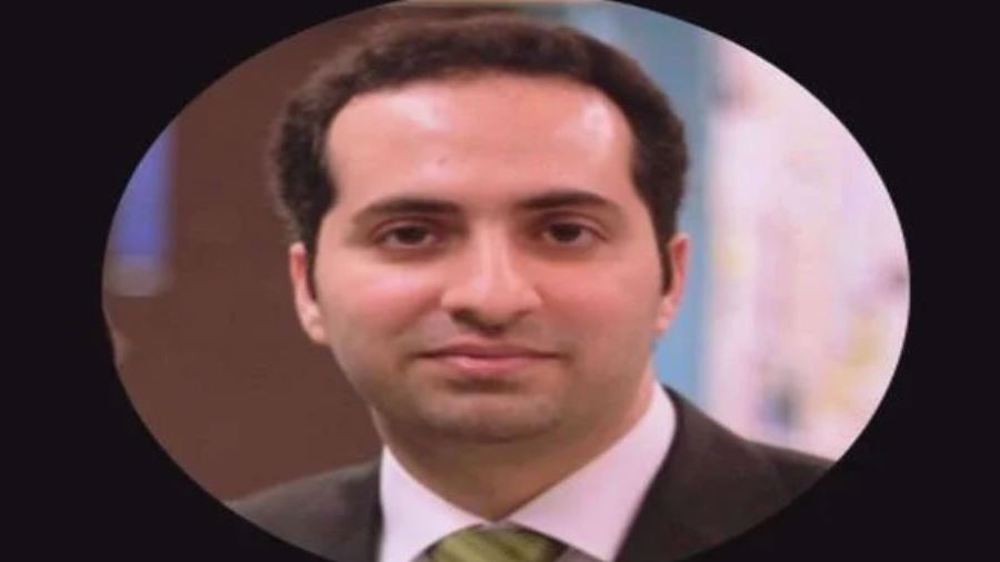Iran: Prisoner swap offer only for US inmates, not Britons
Iranian Foreign Minister Mohammad Javad Zarif’s recent proposal to swap prisoners with the US only includes American nationals jailed in Iran, not Britons or nationals of other countries, said his spokesman.
“What the Iranian Foreign Minister raised in New York just concerns Iranian prisoners in the US or those arrested in other countries at Washington’s request with a number of American criminals in Iran,” Foreign Ministry spokesman Abbas Mousavi said Thursday.
He made the remarks in reaction to UK Foreign Secretary Jeremy Hunt, who dismissed what he assumed was Zarif’s suggestion of a prisoner swap for Iranian-British dual citizen, Nazanin Zaghari, who is jailed in Tehran for espionage.
Basically, the prisoner swap offer has nothing to do with Britons, as the case mentioned by British officials is totally different, and the UK government is responsible for her situation, Mousavi added.
Zarif on Wednesday publicly expressed Tehran’s preparedness for a prisoner swap with the US, saying he has been authorized to negotiate the deal with American officials.
“My job is to try to arrange for a deal, an exchange; I did it once, we reached an agreement and I put this offer on the table publicly now: exchange them,” Zarif said at the Asia Society in New York.
Zarif called on Washington to swap all Iranians jailed mostly for alleged violations of US export restrictions and sanctions violations with those imprisoned in Iran.
“We believe their charges are phony. The United States believes charges against these people in Iran are phony. Fine, let’s not discuss that. Let’s have an exchange. I am ready to do it and I have the authority to do it,” he noted.
In his remarks, Zarif particularly referred to Negar Ghodskani, an Iranian woman held in Australia on a US extradition warrant for violation of US sanctions, and called for her release as part of the swap deal he sought to negotiate with the US.
The UK foreign secretary thought Iran was after exchanging Ghodskani with Zaghari, and dismissed Zarif’s proposal as a “vile ploy”. He claimed that there was a "huge difference" between the two women.
"The woman in jail in Australia is facing due process, a proper legal procedure, and she is alleged to have committed a very serious crime," he told reporters in London.
"Nazanin Zaghari-Ratcliffe is innocent - she has done nothing wrong,” he claimed.
Zaghari is an Iranian citizen who is currently serving a five-year jail term in Tehran on charges of espionage for the UK.
Iran’s intelligence authorities arrested Zaghari, who also holds a British passport, at Imam Khomeini International Airport in April 2016 as she was about to board a plane to London.
The 39-year-old was arrested after it became clear that she had run an illegal course to recruit and train people for the BBC Persian Television, a channel Iran deems an extension of Britain’s anti-Iran propaganda machine.
Ever since Zaghari’s arrest, British officials have provided several opposing accounts into who she really is and what she was doing during her stay in Iran.
London first insisted that the double citizen, who works for Thomson Reuters Foundation, was in Iran for holidays.
That claim was proven problematic after then British Foreign Secretary Boris Johnson admitted in 2017 that she was indeed in Iran to train journalists for unspecified purposes.
“When I look at what Nazanin Zaghari-Ratcliffe was doing, she was simply teaching people journalism as I understand it,” Johnson told the Foreign Affairs Committee in November 2017.
London then tried to pass off Johnson’s remark as a simple “slip of tongue.”
London’s contradictory explanations about Zaghari’s mission took an unexpected turn last month when Hunt announced that London had decided to give Zaghari diplomatic protection “as part of the Government’s continuing efforts to secure her release.”
Diplomatic protection is a rarely-used tool under international law, which gives a country the right to challenge another state over the treatment of one of its nationals or companies.
Tel Aviv tells Damascus Israeli forces will remain in occupied territory: Report
Dec. 22: ‘Axis of Resistance’ operations against Israeli occupation
‘Abhorrent’: Oxfam says only 12 trucks delivered aid in North Gaza since Oct.
VIDEO | Leader receives religious eulogists on Hazrat Fatima birth anniv.
Pope Francis slams Israel’s ‘machine-gunning’ of Gaza children
US hostage-taking of Iranian nationals violation of intl. law: Deputy FM
VIDEO | Carol Singers for Palestine on London’s Parliament Square
Ansarullah says ‘Israeli terrorists’ incapable of confronting Yemen, warns of secret weapons












 This makes it easy to access the Press TV website
This makes it easy to access the Press TV website